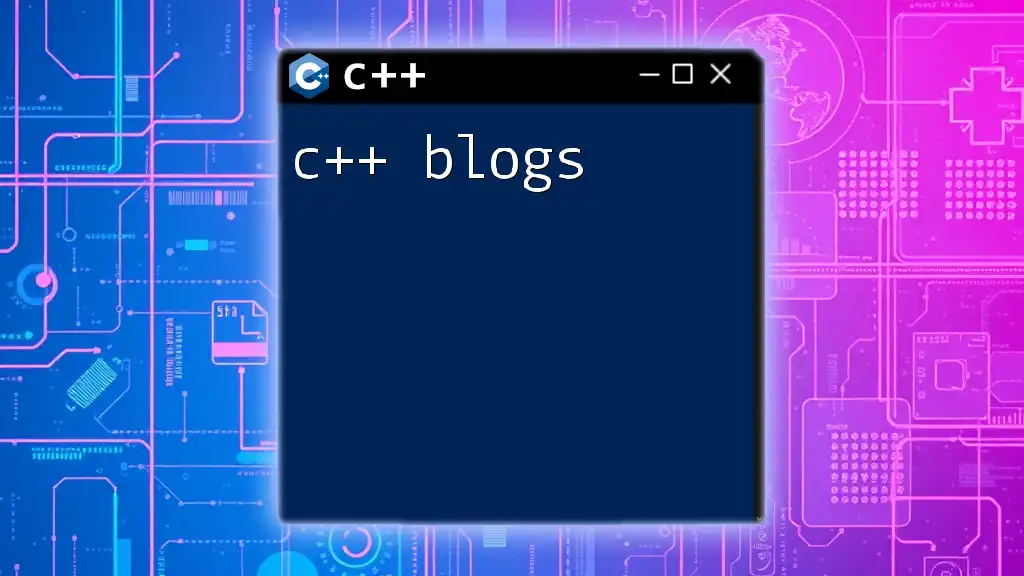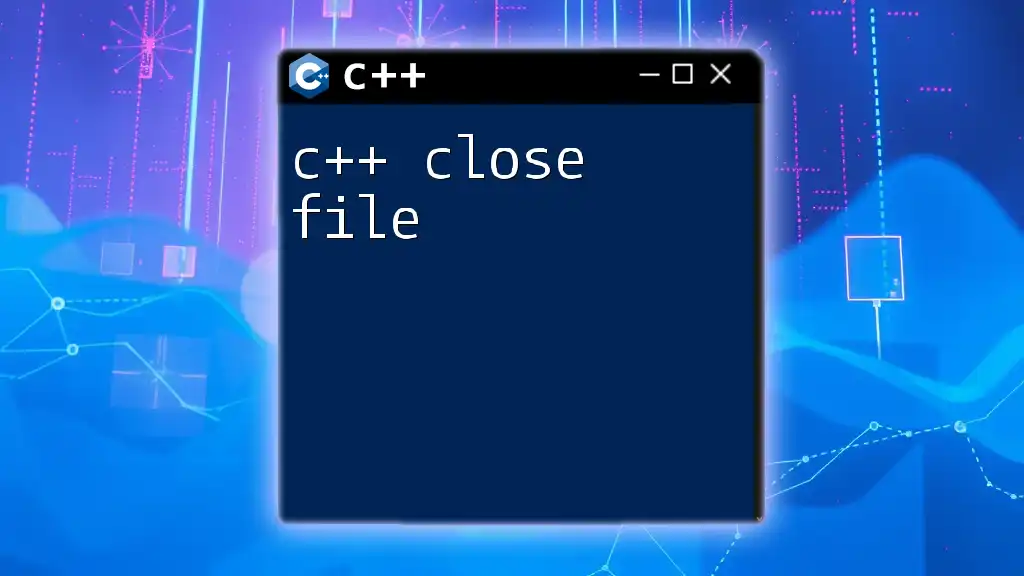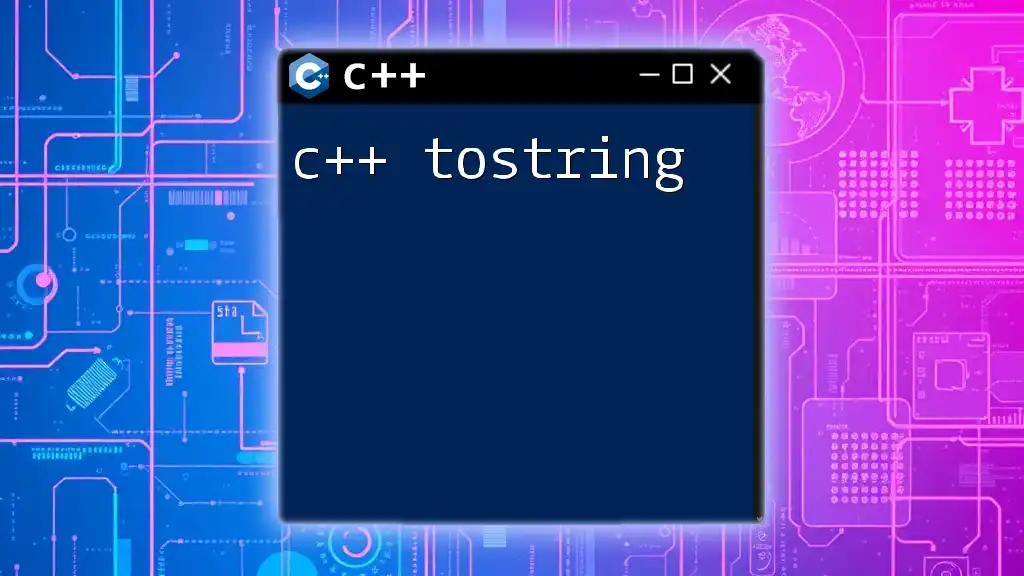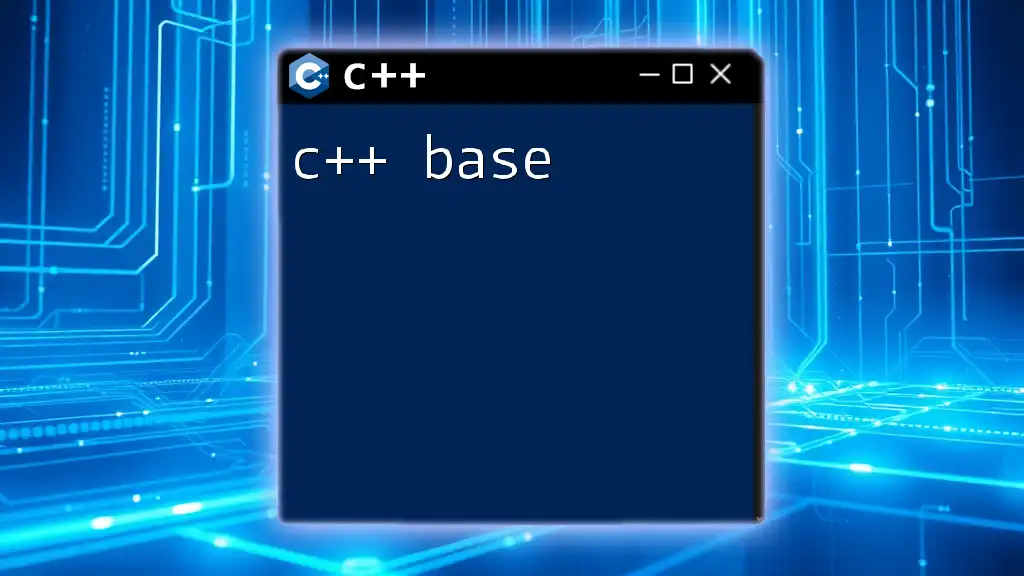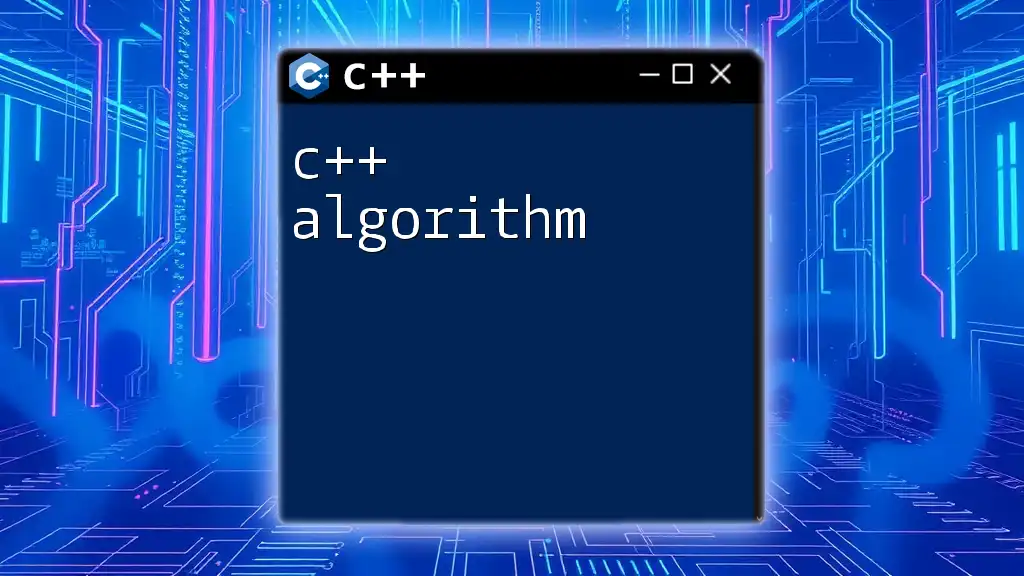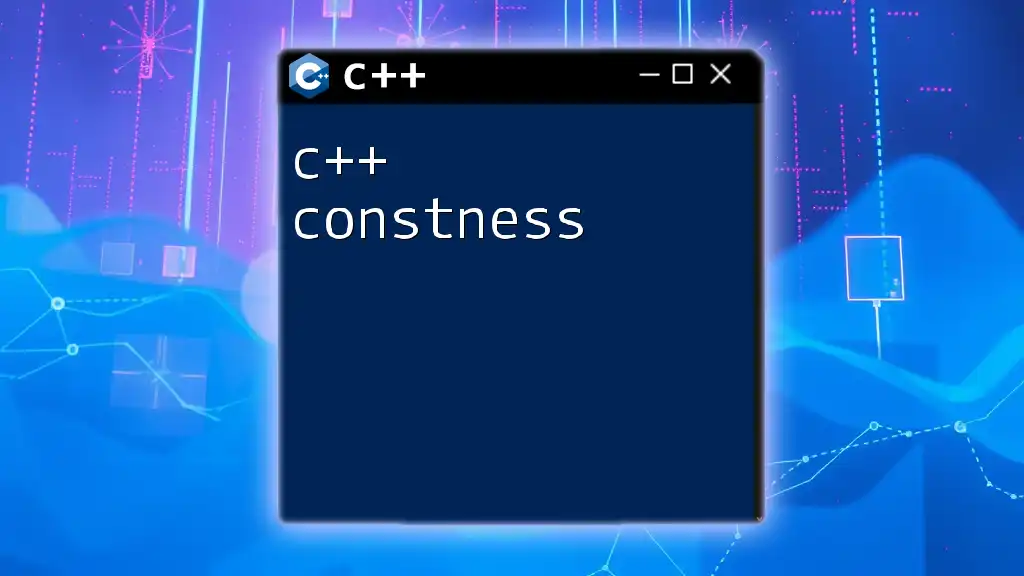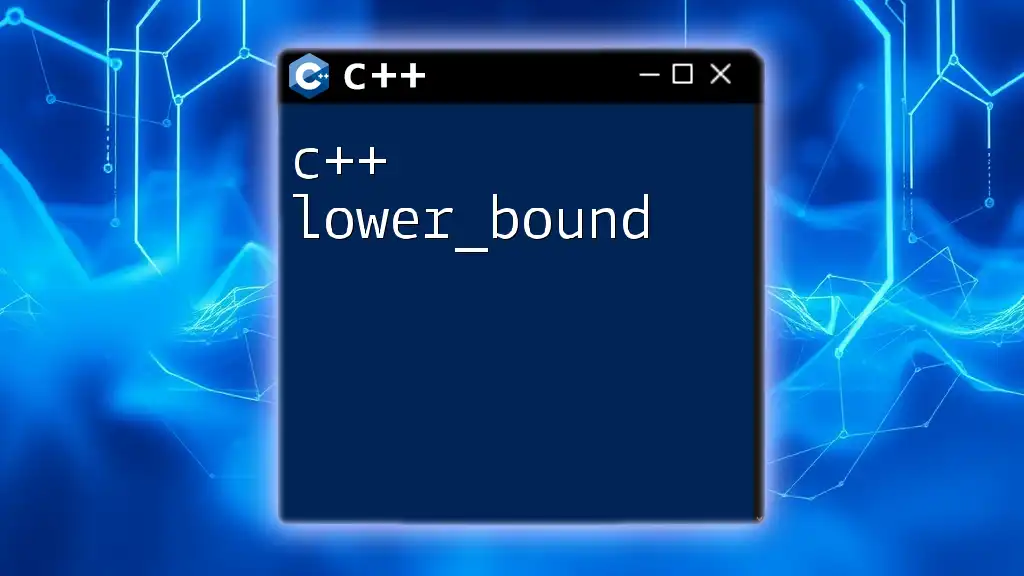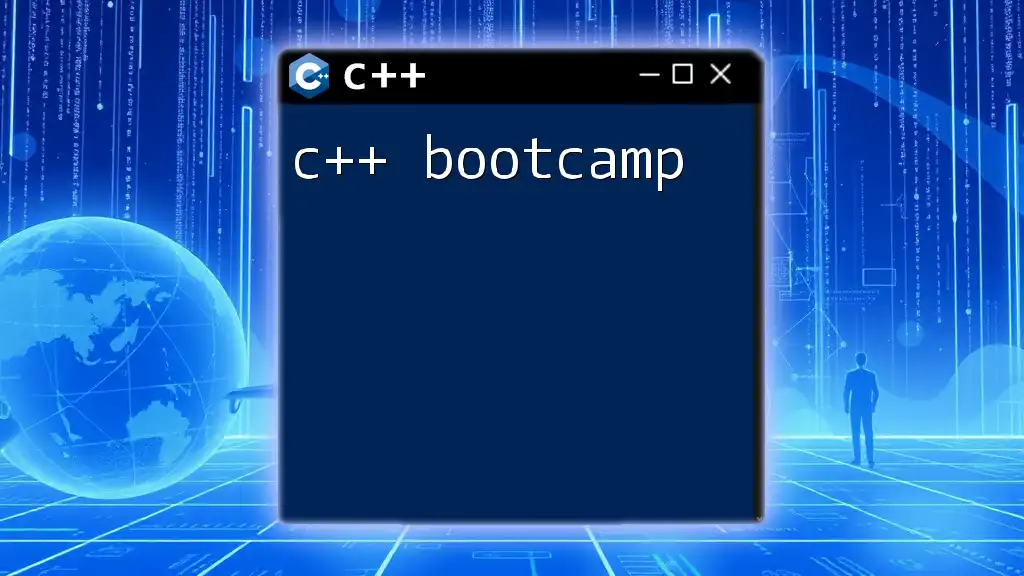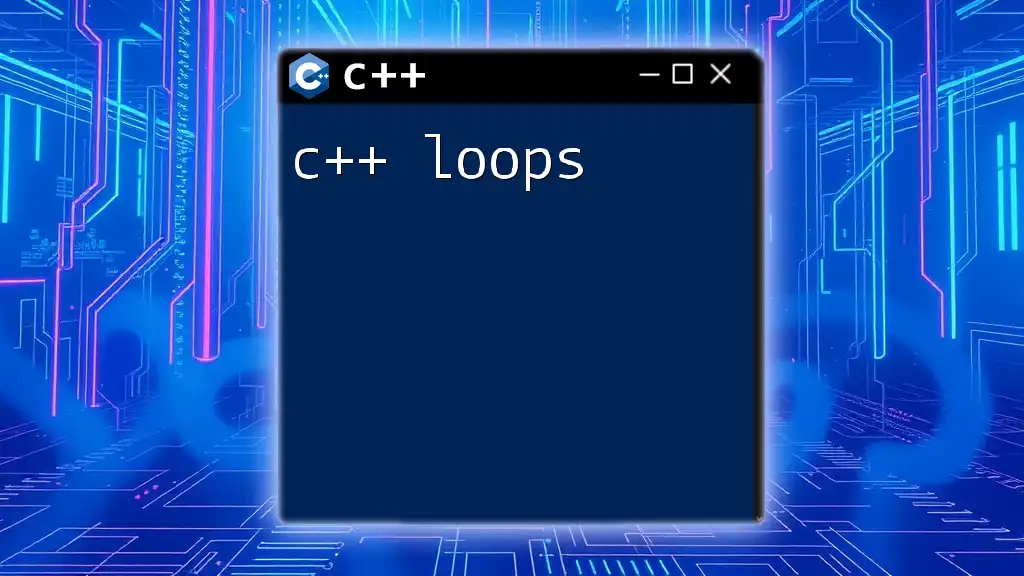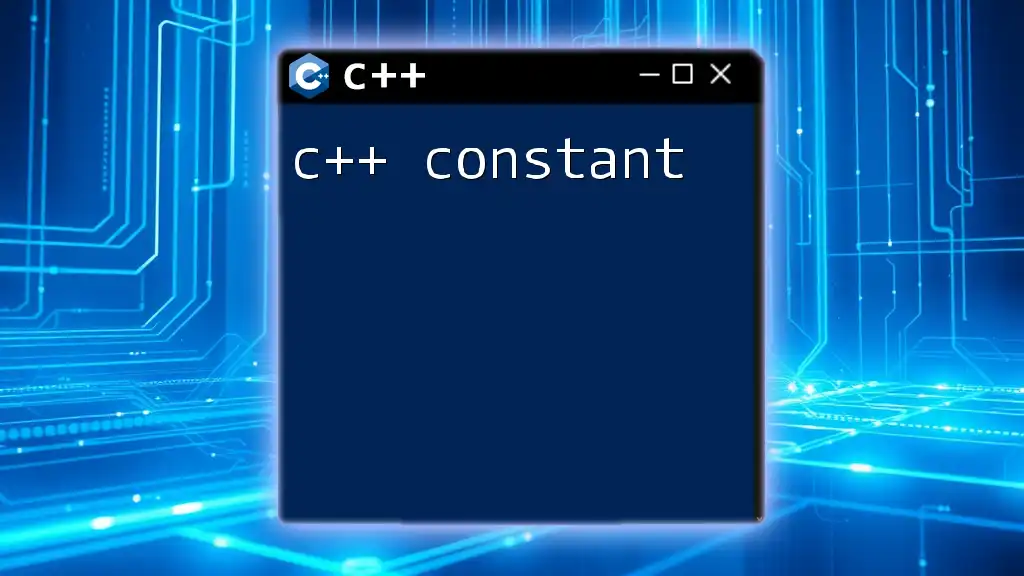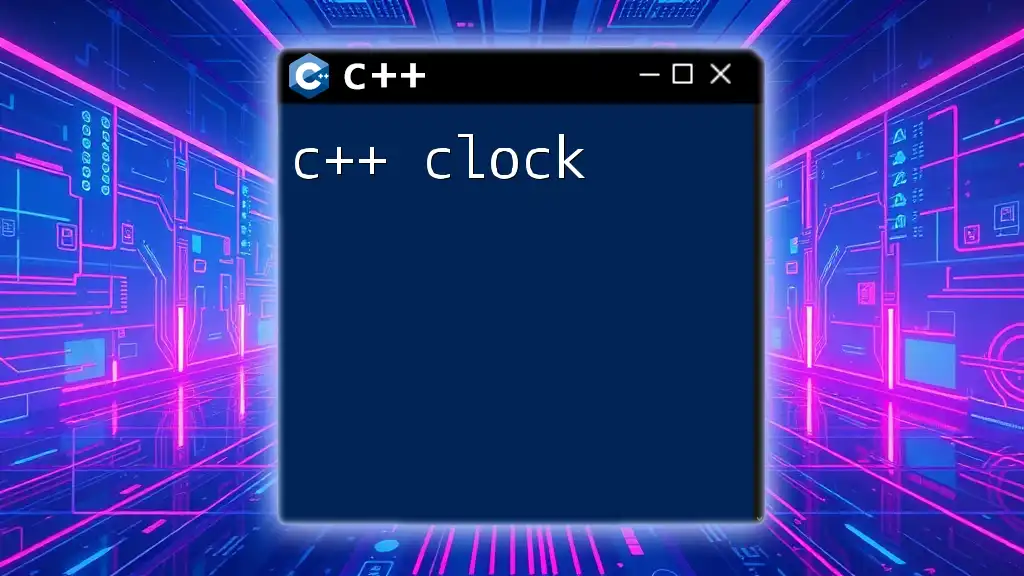C++ blogs provide valuable insights, tutorials, and resources for mastering C++ programming through concise explanations and practical examples.
Here’s a simple code snippet demonstrating how to create a basic "Hello, World!" program in C++:
#include <iostream>
int main() {
std::cout << "Hello, World!" << std::endl;
return 0;
}
The Importance of C++ Blogs
Why Follow C++ Blogs
C++ blogs serve as a critical resource for both beginners and experienced developers. They provide a centralized platform to stay updated on the ever-evolving world of C++. By following relevant blogs, readers can access tutorials, tips, and real-world applications that are vital for honing their programming skills. The landscape of C++ is rich and diverse, and blogs help to demystify complex topics, making them more approachable and relatable.
C++ Community Engagement
C++ blogs also foster a sense of community among developers. Many blogs allow readers to leave comments, ask questions, and share their experiences. This open exchange of ideas can lead to peer learning and the development of friendships among community members. Engaging with others in the C++ community not only enhances knowledge but also builds a network of professional contacts, which can be beneficial as one advances in their career.
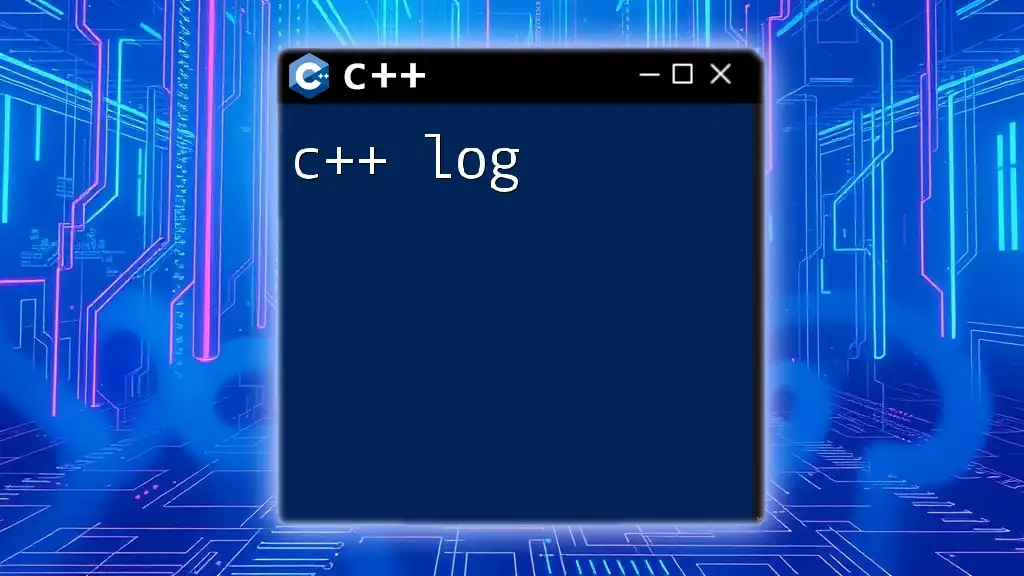
Features of a Good C++ Blog
Quality of Content
The quality of a blog can significantly affect the learning experience. A good C++ blog features well-researched articles that provide factual and accurate information. Readers should look for blogs that emphasize clarity. The ability to break down complex topics into easily digestible pieces is a strong indicator of high-quality content.
Code Examples and Snippets
Illustrative code snippets are integral to the learning process. They enable readers to see how concepts are translated into executable code. For example, consider the following simple C++ program:
#include <iostream>
int main() {
std::cout << "Hello, C++ World!" << std::endl;
return 0;
}
This snippet illustrates a basic C++ program that outputs a message to the console. A good blog will not only provide the code but also give a detailed explanation of each component, making it easier for readers to grasp the underlying concepts.
Interactive Elements
Many blogs incorporate interactive elements like quizzes, comment sections, and forums, allowing for a more exhaustive understanding of the material presented. This interaction can encourage readers to apply what they've learned and seek clarification on confusing topics. Such features engage users, turning a solitary reading experience into a collaborative learning journey.
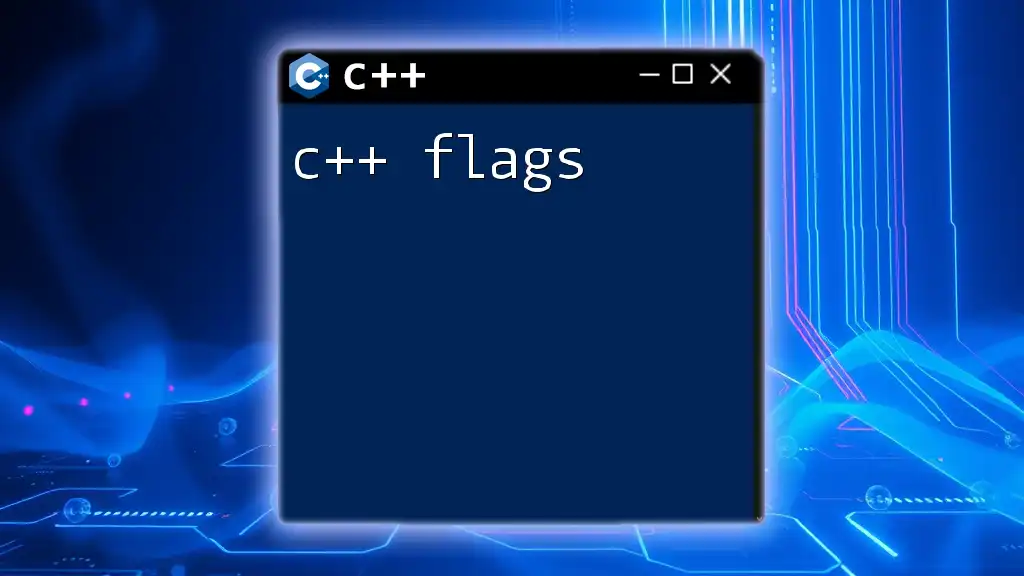
Top C++ Blogs to Follow
General C++ Programming Blogs
-
C++ Weekly: This blog features a variety of topics in short, concise videos and articles. Covering everything from beginner tips to advanced concepts, it's a fantastic resource for developers at all skill levels.
-
CPPCon Blog: This blog acts as a treasure trove of insights, featuring recorded C++ conference talks and discussions. It is a great place to learn from industry experts and speakers with a wealth of experience.
Specialized C++ Blogs
-
Game Programming Patterns: For those interested in game development, this blog explores classic programming patterns specifically tailored to the game development world. It offers valuable insights into building efficient gameplay mechanics.
-
cppreference.com: A comprehensive one-stop reference for all C++ standards, cppreference.com is invaluable for both beginners looking to understand syntax and experienced devs needing to brush up on advanced features.
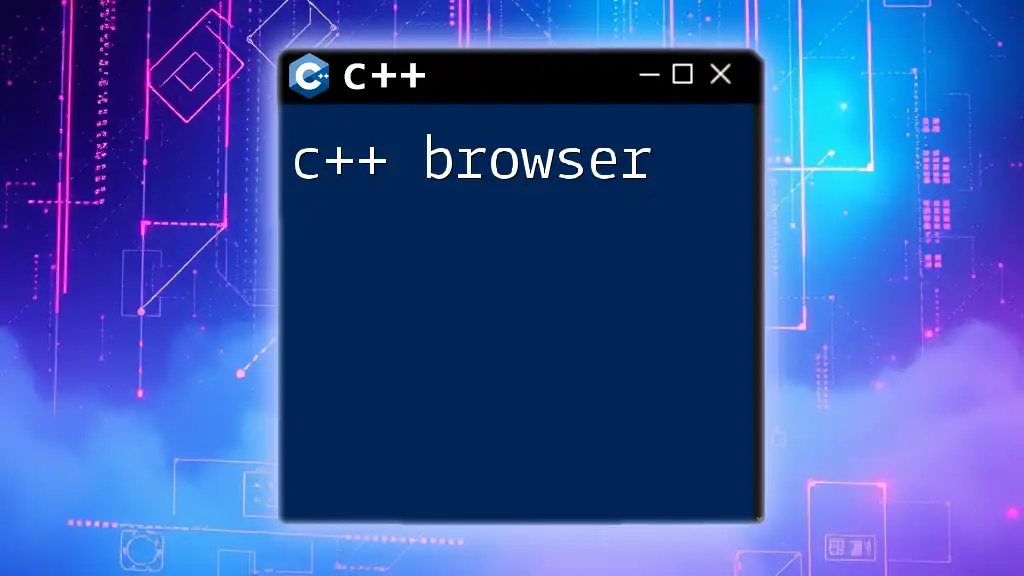
How to Effectively Utilize C++ Blogs
Develop a Structured Reading Habit
To gain the most benefit from C++ blogs, readers should develop a structured reading habit. Setting aside dedicated time for reading not only creates consistency but also reinforces learning. Regularly checking in on favorite blogs will allow you to keep up with new articles and trending topics.
Take Notes and Practice
Active engagement while reading is crucial. Taking notes can help reinforce knowledge retention. Consider jotting down key points or insights gained from articles. Furthermore, implementing the examples presented in the blogs can greatly enhance understanding. Practice makes perfect, and writing out code is one of the best ways to solidify concepts.
Engage with the Community
Don't underestimate the value of community engagement. Take the time to leave comments, ask questions, and share insights with other blog readers. Engaging in discussions not only helps clarify doubts but also opens doors for networking opportunities within the C++ community.
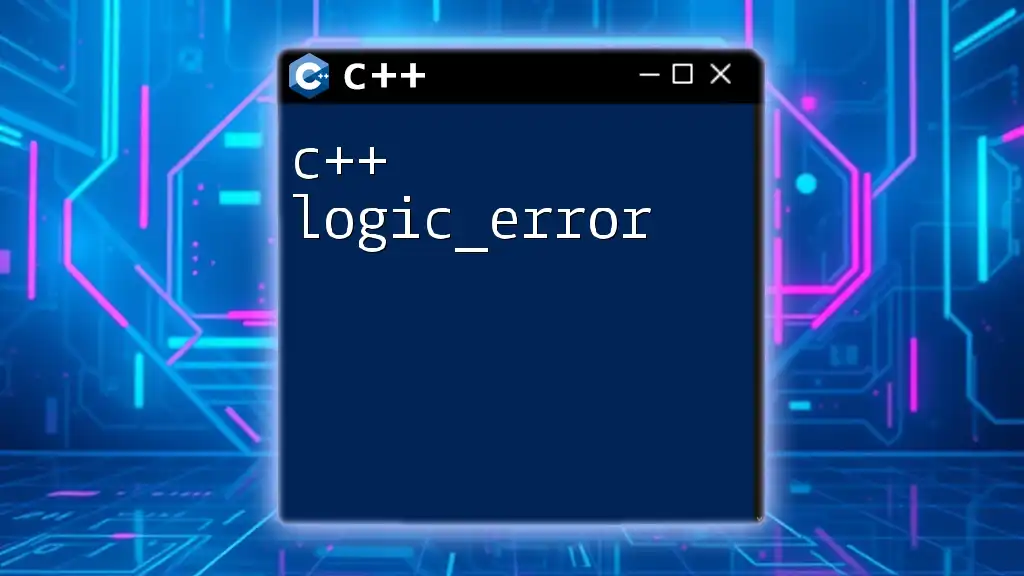
Potential Challenges and Solutions
Information Overload
With the abundance of content available, information overload can become a real concern. To combat this, it’s important to filter content by trusting reputable sources. This can be done by checking the blog's credibility, author qualifications, and reader reviews. Focus on a few high-quality blogs rather than attempting to keep up with everything.
Overly Technical Language
Certain blogs may use excessive jargon, which can be intimidating, especially for newcomers. When faced with overly technical language, seek out complementary articles that explain the concepts in simpler terms. Additionally, many blogs provide glossaries or introductory articles that explain common terms used in C++.
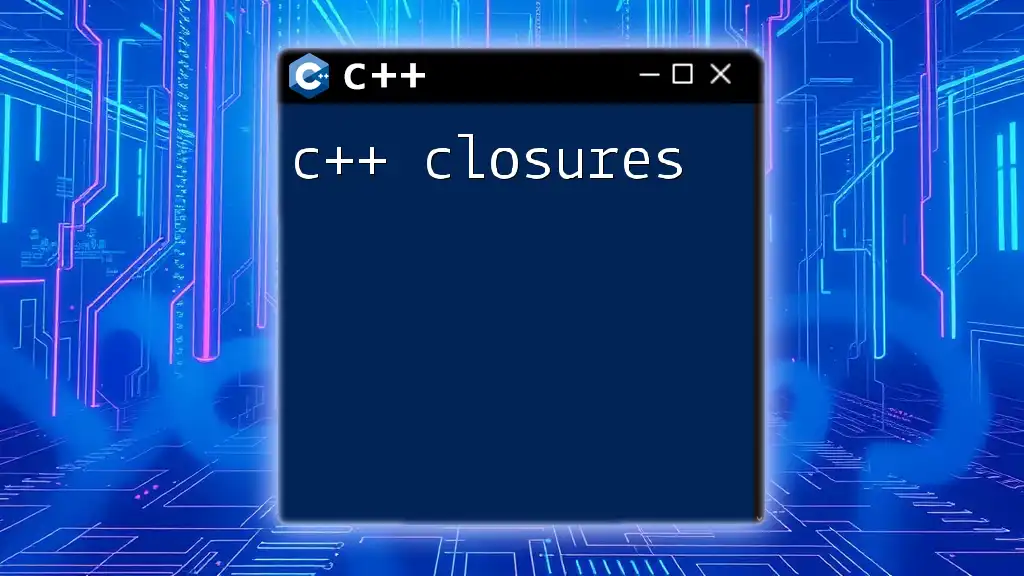
Conclusion
In summary, C++ blogs are an enriching resource for anyone looking to better understand C++ programming. From providing quality content and code examples to fostering community engagement, these blogs serve as beacons of knowledge. Start exploring C++ blogs today to enhance your coding skills and stay updated on the latest advancements in the language.
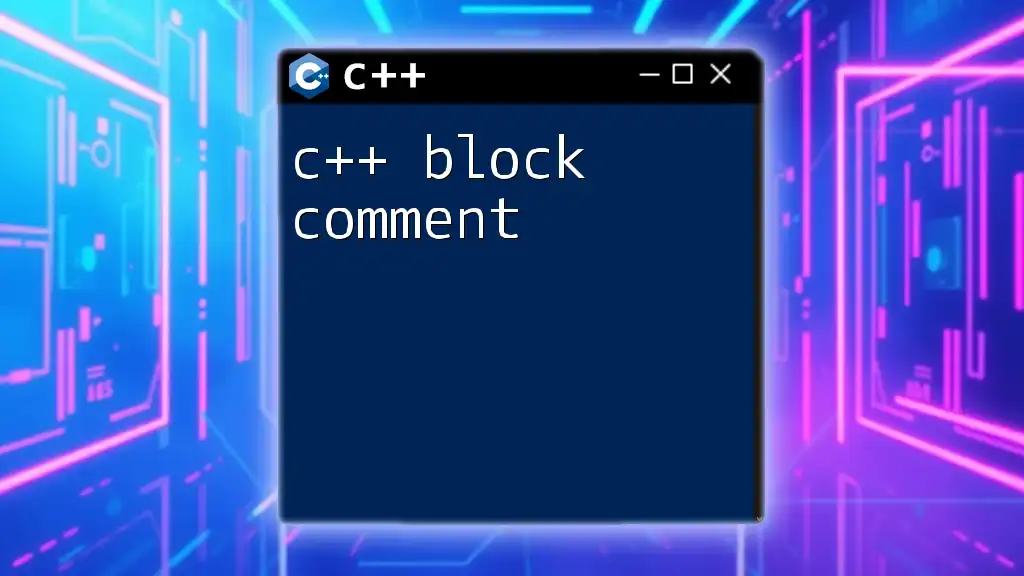
Call to Action
Now is the time to take action! Subscribe to some of the recommended C++ blogs mentioned above and regularly engage with the content. Stay tuned for more in-depth articles focused on C++ commands and other learning resources that will be coming your way soon!

